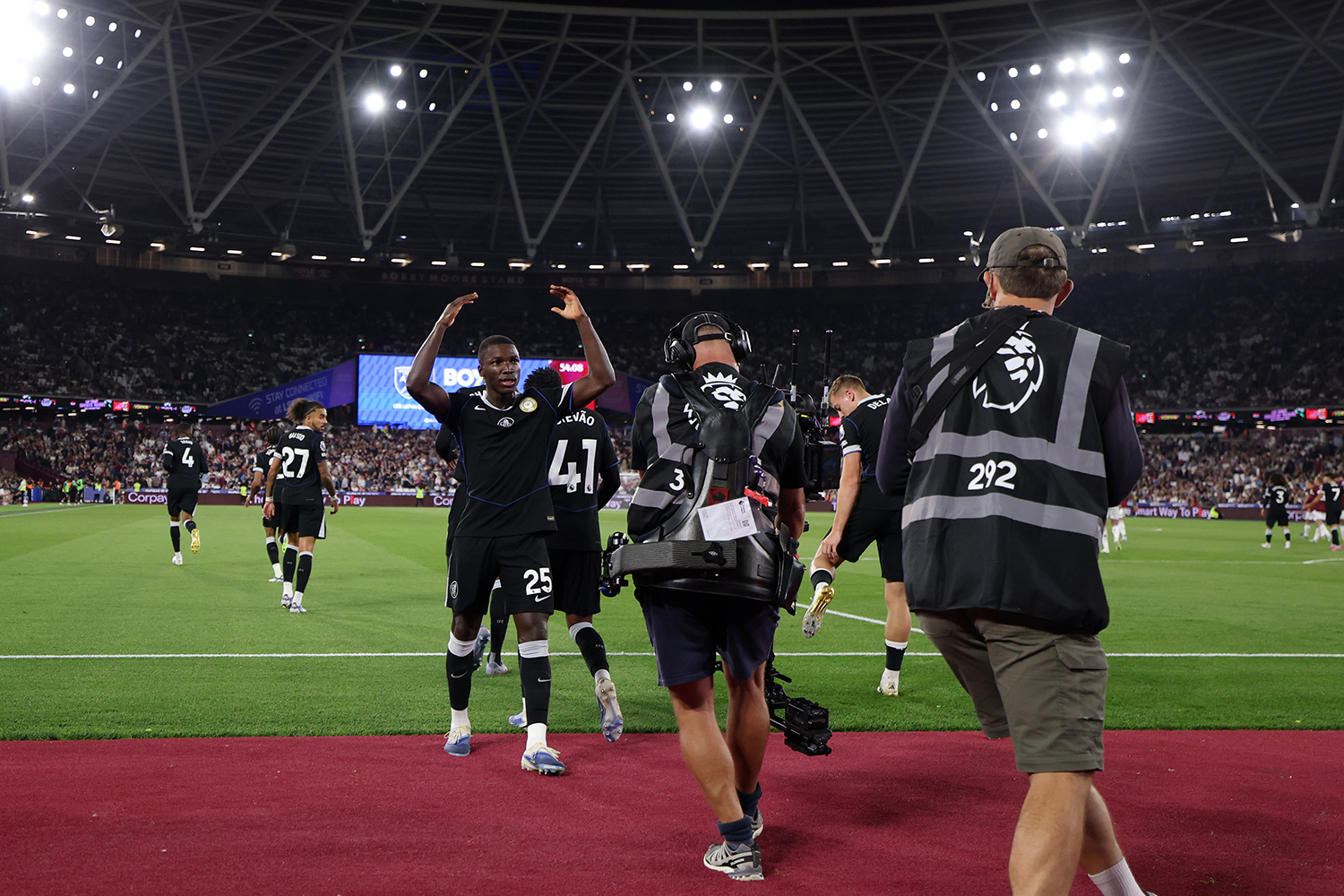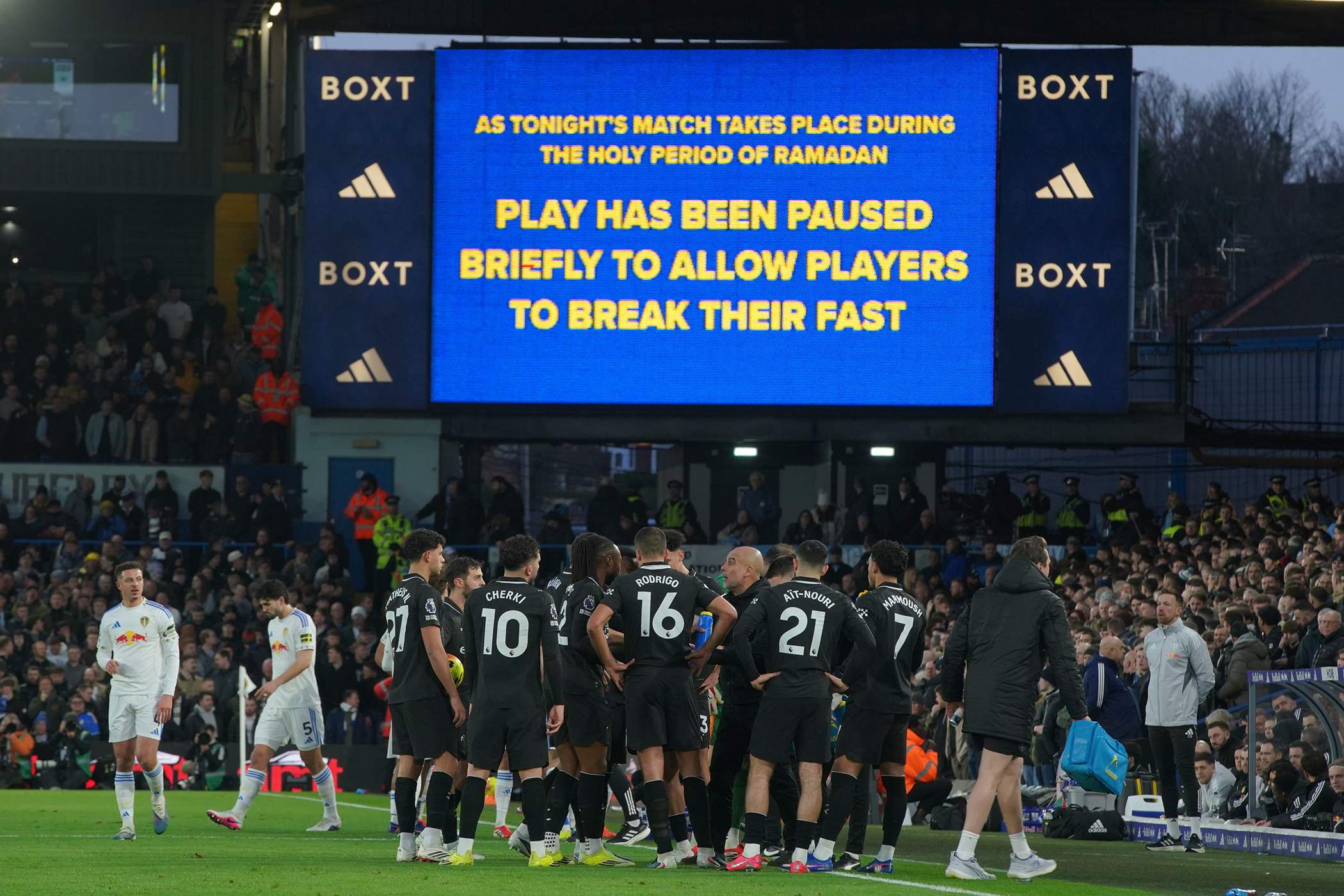These are the best of times and worst of times to be a football fan, the age of content and discontent.
Once socially unacceptable, fandom has become a shorthand for a coherent identity, a conversational crutch and lubricant, a phenomenon that levels and yet divides. Everything that happens in football is supposedly in the fans’ name, and yet most have never had less impact or influence, a madding crowd who never shut up but nobody ever listens to.
It has never been harder or cost more to watch your team in person, and while there has never been more football televised, accessing this football has never been more expensive or complex.
Monthly subscriptions to watch the Premier League, both domestic men’s cups and men’s three European competitions, including a TV licence, costs £1,074 annually, spanning five platforms.
At £1,026, the equivalent competitions in women’s football are marginally cheaper – you don’t need Prime Video but you will want Disney+. To include other major European leagues, alongside the Saudi Pro League and the MLS, you will pay upwards of £1,800 per year. How to watch football requires a guide in itself.
This is without ever seeing the inside of a stadium, buying a £120 “authentic” shirt or any club-related subscription. From players and their often-pinging hamstrings, the suggestion is that there is more football than ever.
Yet throughout the 21st century, the number of matches most clubs play has only slightly increased, if at all.
14 of the 20 Premier League clubs in 2024-25 played fewer games last season than they had in 2004-2005.
But what has increased is the amount of football we can watch, so feel obliged to, the sheer volume of information and noise the content machine produces. Fairytale transfer sagas deconstructed into easily edible chunks so you’re numb and bloated by “Here we go” o’clock, the infernal self-serving circles of punditry, the ever-increasing amount of football we can watch.
Sky Sports sells its coverage on a “record” 215 Premier League matches this season, as though more is unquestionably better, while still considering Jamie Redknapp an acceptable substitute for punditry. It is so easy to believe the schedule is gradually breaking players because it often feels as if it is gradually breaking us. Being a football fan has gradually mutated from escapism itself into something you have to escape from, pastime to constant, responsibility evasion to another responsibility.
Newsletters
Choose the newsletters you want to receive
View more
For information about how The Observer protects your data, read our Privacy Policy
Aldous Huxley once wrote about society’s “failure to take into account man’s almost infinite appetite for distractions”. Football has become the infinite distraction for an infinite appetite, everything to everyone, ceaseless and all-consuming.
There are endless ways to engage – football fandom has never been a broader or looser concept. Twitter tacticos, analytics nerds, gamblers and gamers, nostalgia obsessives, ironists, fantasy heads, idolisers and iconoclasts, transfer gurus and plane trackers, talkSPORT callers and Telegraph comment-dwellers, professional screechers and part-time racists, football fashionistas and CR7sexuals, VAR conspiracy theorists and TikTok ragebaiters, Welcome to Wrexham watchers and those who enjoy Mark Goldbridge as performance art, etc. One Tottenham fan collated a 150-page scrapbook of birthday messages from faceless Twitter accounts for Ange Postecoglou, without any way to get it to him.
But if you think parasocial relationships are bad in men’s football, check out the women’s game.
The bigger football gets, the further from its soul we fall, the more bizarre the veneer of a soul appears. For most clubs, connection to location is a marketing tactic, local fans rail against their creeping irrelevance by trying to maintain an “us and them” divide that doesn’t really exist any more, at least in the Premier League.
Suffering has always been an innate part of the fan experience. Who suffers more than a South Korean fan who wakes at 3am to watch Wolves?
Lost somewhere in the middle of this is why football has become the post-religion religion, the biggest cultural phenomenon on earth. For all the unprovable suggestions the game itself is becoming duller, it remains an ideal vessel for confected drama and belonging, an acceptable arena for joy and despair.
Tribalism seems to be deepening even as fans feel the ties that bind weakening. This is what the PIF banked on at Newcastle, how clubs knew they could at least attempt the Super League coup, how prices across the game can continue to rise unchecked.
Complain all you like, but are you going to stop? Really? No more football? The more parts of your life football touches and impacts, the harder it is to leave. What are you going to do, read a book? In 2025?
Photograph by Justin Setterfield/Getty Images



